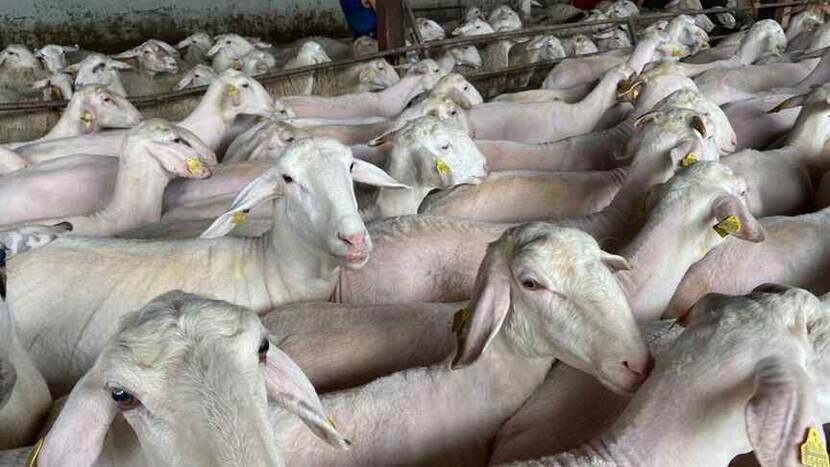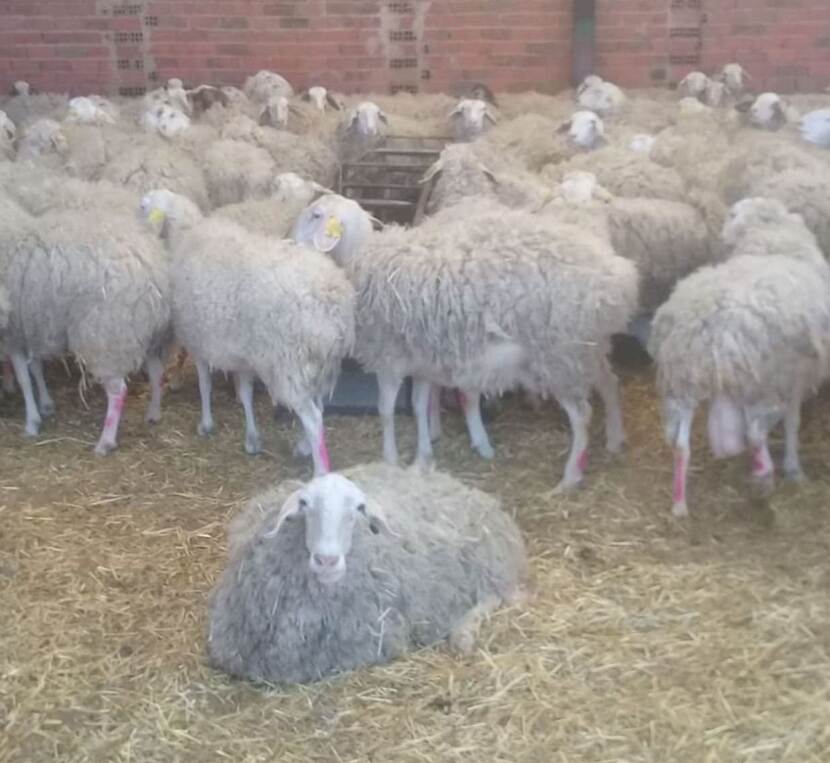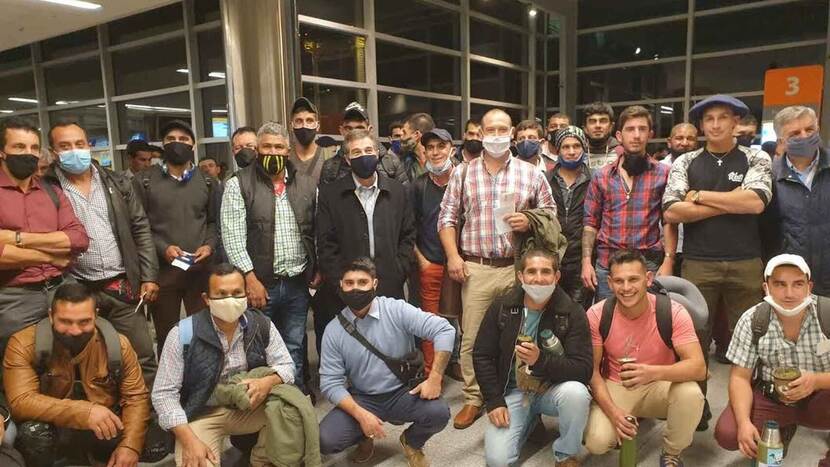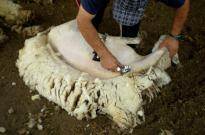Pressure on Spanish Government to let come Uruguayan shearers
The businessmen payed half million euros to bring 251 shearers by plane. They, who earn up to 250 euros a day, are the best: fast and experienced.

The sheep sector was on the way to ruin because the shearing campaign starts in April and by mid-May, the electric machines were still off: there was no labor because the coronavirus prevented Uruguayan shearers from traveling to Spain as they do every year.
The heat of spring was about to cause a health problem in the flocks of sheep because they were still wearing a wool coat and the sweating caused scabies, larvae and a humidity that reduced the value of this tissue on the market. This disastrous scenario has been avoided with a flight that will go down in the history of the sector: ten companies have paid 533,375 euros to charter a Boeing 787 for 251 Uruguayan shearers
For a decade now, this Charrúa shearing team has been arriving in Spain on a staggered basis between late March and early April to start working with the sheep, but with the declaration of the state of emergency their flight tickets became a piece of paper because the activity at the airports was suspended. The size of the mishap caused the Spanish companies that manage these Uruguayan crews and the livestock farmers who depend on them to begin transferring their concerns about the uncertain future of the campaign to the Spanish Government.
A travel agency’s director proposed the only possible alternative: “I thought of chartering a plane, they were desperate” and the farmers could not wait any longer to shear the animals.
“The flight was financed by ten companies”, she explains, "this is the first time we have done something like this in the travel agency: the administrative work has been hard because it took a month and a half to organize the flight and manage a permit for Air Europa to land at Madrid-Barajas airport".
In order to get the plane to cover the Montevideo-Madrid route, a flood of letters were sent to the Ministries of Agriculture, Interior, Foreign Affairs and the Spanish Embassy in Uruguay, among other official bodies.

The shearing campaign of the 9,106 sheep farms in Spain depended exclusively on the Uruguayan teams. There was no alternative: the Spanish shearers emigrated to France because they were paid better there, while the sector did not like the Moroccans because they worked with scissors. In turn, the Poles and Slovaks are in Italy.
According to one of the farmers, “we needed qualified professionals. We couldn’t use unemployed people for this task as Spanish farmers are doing to make up for the current lack of laborers to harvest their crops”.
The Government understood that the situation was borderline: the health and welfare of 16.5 million sheep depended on an international charter flight.
The plane of the Uruguayan shearers took off on May 12 from Carrasco airport (Montevideo) where an institutional farewell to the expedition took place. There was a family photo of the Uruguayan Ministers of Foreign Affairs and Livestock with the workers. Some posed equipped with masks and a bulb to drink mate.

Charrúa shearers are highly valued among Spanish livestock companies. "Ten years ago, workers were hired from Eastern Europe, but Uruguayans are more professional because in their country there is a sheep tradition and there are very qualified people," an Extremadura’s farmer says.
The level of professionalism and the ease with which they communicate in Spanish with the farmers in the face of the language barrier of Eastern European employees are the factors that led to a change in the nationality of the shearers hired in Spain. "95% are from Uruguay and 5% from the East".

Interestingly, much of the wool Uruguayans will shear during the campaign in Spain will end up in China, where the pandemic that has brought them so many headaches originated.
Source: elespañol.com